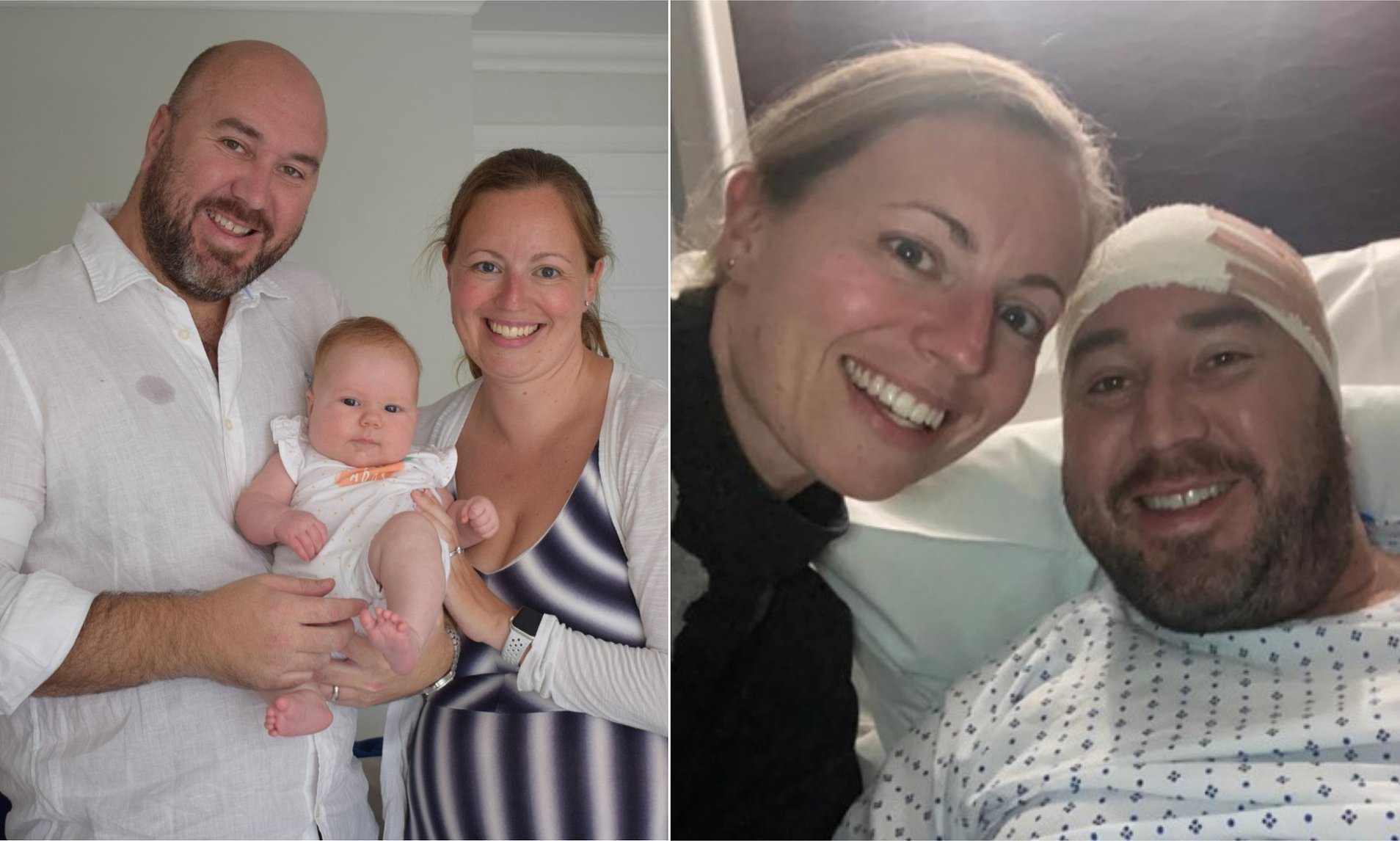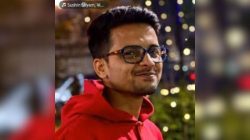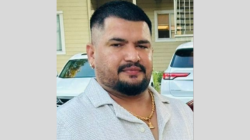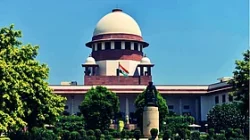A New Hope for Glioblastoma Patients
A father who faced the most deadly form of brain cancer has been declared free of the disease after undergoing an experimental treatment. Ben Trotman, 43, was diagnosed with glioblastoma in October 2022. Now, he shows no signs of the aggressive cancer following an immunotherapy drug administered two years ago, marking a world-first breakthrough.
Glioblastoma is known for its rapid progression and poor prognosis. Most patients survive only 12 to 18 months after diagnosis. However, Mr. Trotman’s case has defied these odds. He did not undergo the follow-up surgery that was initially planned to remove all visible tumor tissue, yet his scans are now clear.
Dr. Paul Mulholland, a consultant medical oncologist leading the trial and treating Mr. Trotman, expressed surprise at the results. “It is very unusual to have a clear scan with glioblastoma, especially when he didn’t have the follow-up surgery that had been planned,” he said. “We hope that the immunotherapy and follow-up treatment will keep his tumor at bay, and so far, it has worked.”
Mr. Trotman married his wife, Emily, just two months after the immunotherapy treatment in 2023. In April, they welcomed their daughter, Mabel. “Getting this diagnosis was the most traumatic experience,” he shared. “We were struggling with the fact that Ben went from being perfectly healthy to having months to live. Had we not met Dr. Mulholland, that would have been it for us. We felt we had a lucky break in an otherwise devastating situation.”
After his diagnosis, Mr. Trotman underwent the standard treatment of radiotherapy and chemotherapy. He also continues to have quarterly scans, which have consistently returned clear results. “We don’t know what the future holds, but the immunotherapy treatment and these encouraging scan results have given us hope,” he said. “We are focused on rebuilding the life we thought we had lost and enjoying being parents.”
The trial, led by University College London Hospital’s National Hospital for Neurology and Neurosurgery, builds on previous research involving the same drug. The earlier trial was closed due to low recruitment. However, the new trial was made possible through a fundraising campaign led by Dame Siobhain McDonagh MP. She raised over £1 million to cover the costs after her sister, Baroness McDonagh, died from glioblastoma in 2023.
Dame Siobhain explained, “My beloved sister Margaret was horrified to discover there had been no advances in brain cancer treatment for decades when she was diagnosed. Changing this was her final campaign, and I have continued it in her memory.” She added, “I am so grateful to the many people who knew and respected Margaret who came together to help raise funds and campaign for this new trial, which we call Margaret’s Trial.”
Dr. Mulholland reflected on the impact of Margaret’s determination. “When I met Margaret, she asked me, ‘What can I do to support you to cure this disease?’ I am incredibly grateful to her and to Siobhain for their campaigning and fundraising in her sister’s memory, which has led to this new clinical trial opening for patients with this aggressive form of brain cancer.”
The key aspect of the trial is boosting patients’ immune systems with the drug before other treatments, when they are fit enough to tolerate the therapy. “We’re taking everything we’ve learned from previous trials into this new study and already planning follow-on trials,” Dr. Mulholland said. “My aim is to find a cure for glioblastoma.”
The National Brain Appeal is currently funding two posts to support Dr. Mulholland’s research. Treatment will take place at the NIHR UCLH Clinical Research Facility and the National Hospital for Neurology and Neurosurgery.







